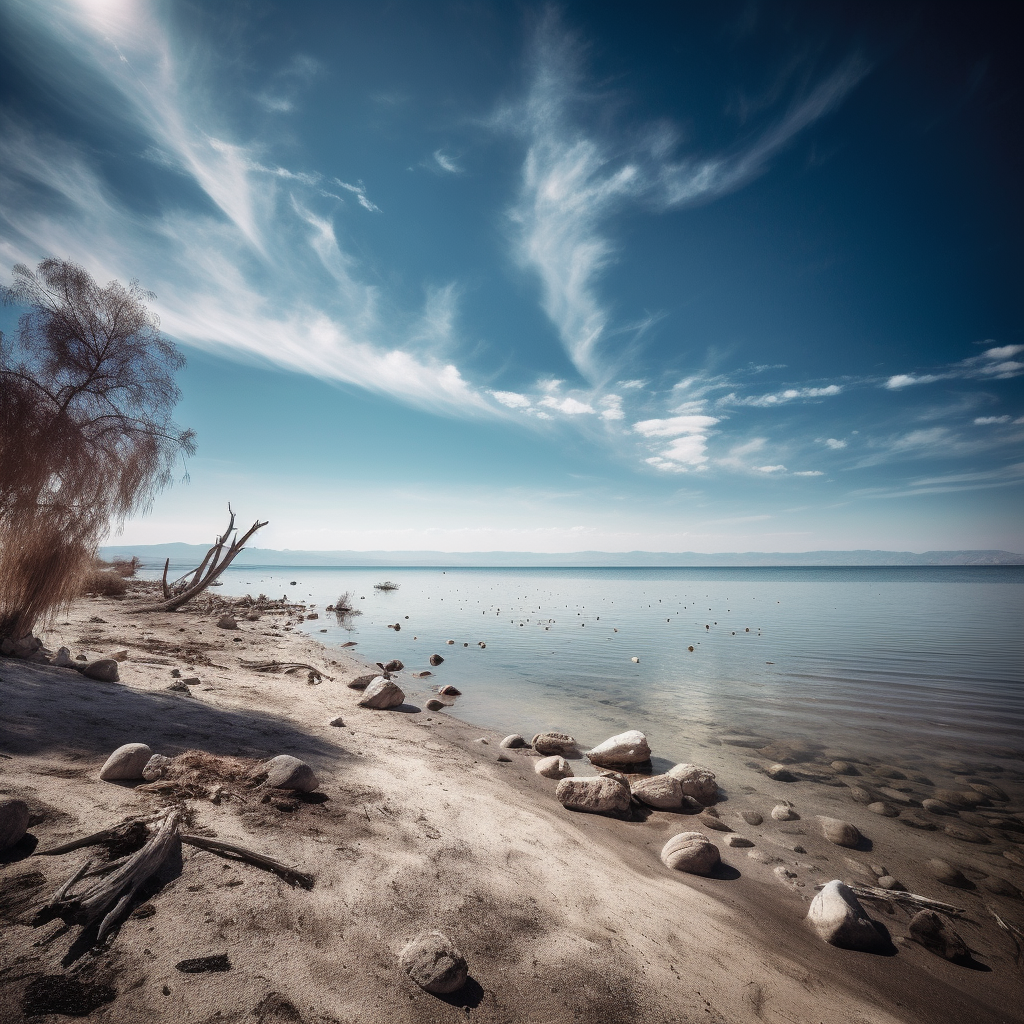August 28, 2023
The Salton Sea’s Industrial Transformation Amid Environmental Concerns
Book a Demo
Sonia Herbert, a 78-year-old resident and longtime observer of the Salton Sea in California, has been bearing witness to a disturbing phenomenon. Over the years, she has noted a steady decline in tourism and wildlife in the area, a trend she attributes to pollution and increased salinity in the sea. The once-thriving ecosystem has been gradually deteriorating, the vibrant biodiversity succumbing to the harsh conditions.
Interestingly, the Salton Sea has not been forgotten by all. Recently, this body of water has attracted considerable industrial attention due to its untapped lithium deposits. The potential for massive lithium extraction has earned it the nickname “Lithium Valley,” a moniker indicative of the economic opportunities it represents.
Major energy companies have shown significant interest in the Salton Sea area, specifically looking into direct lithium extraction (DLE). This method is being touted as a potentially more environmentally friendly alternative to traditional mining and evaporation pond processes, which have a history of being harmful to the ecosystem.
However, it’s important to note that no DLE plant in the United States has yet successfully scaled up production to a commercial level. This has raised concerns about the possible environmental impact such operations could have, particularly in an area like the Salton Sea that is already under environmental stress.
The local community around the Salton Sea, while hopeful about the potential economic opportunities that DLE could bring, has expressed concerns about the environmental impact. Many feel there’s a lack of transparency from the companies interested in mining lithium in the area.
The demand driving this interest in the Salton Sea’s lithium deposits is primarily due to the increasing need for batteries in electric vehicles and renewable energy storage. Lithium is a critical component in these technologies, and as they become more prevalent, the demand for lithium is only expected to rise.
The extraction process of lithium from geothermal brine, such as that found in the Salton Sea, is relatively new. Consequently, there are concerns about potential spills, leaks, or groundwater contamination that could further damage the already fragile ecosystem.
Moreover, locals fear that the benefits of lithium extraction may not be passed onto the community. Instead, they worry it could increase inequality, with major corporations reaping the profits while the local community bears the brunt of the environmental impact. As the Salton Sea stands on the precipice of potential industrial transformation, it’s clear that a balance must be struck between economic opportunity and environmental preservation.



